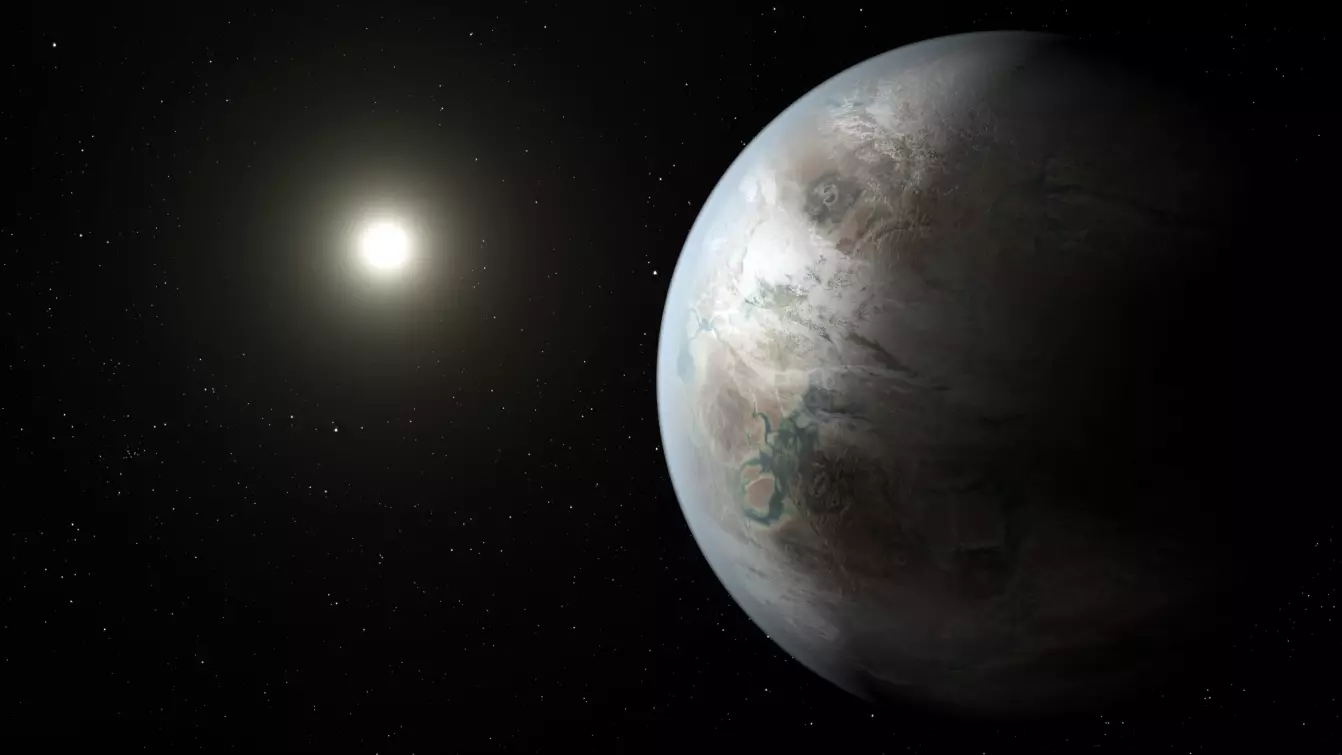
We don't know much about the Big Bang Theory - other than that it's the name of a popular sitcom about some nerds and the fact that, well, it happened. And in this instance, our severely limited knowledge is a good thing, as one physicist is urging us to scrap everything in favour of an entirely different theory.
Physicist Juliano César Silva Neves, from the University of Campinas in Brazil, has rejected the idea that the universe began with a Big Bang billions of years ago - as we've been taught to believe for our whole lives.
His theory, published in the journal General Relativity and Gravitation, shuns the idea that the universe began with a singularity (an infinitely dense volume of energy) before expanding out into the cosmos we call home. Instead, he suggests the 'Big Bounce' theory, which centres on a collapse and expansion process.
Advert
The theory also looks at how 'regular' black holes work. That's because the whole 'singularity' thing can also be used to describe the centre of a black hole.
Still with us? Basically, he believes that the universe didn't begin with a singularity that went 'bang', but may have been preceded by a contraction phase.
Advert
"There are two kinds of singularity in the Universe," Neves says. "One is the alleged cosmological singularity, or Big Bang. The other hides behind the event horizon of a black hole.
"In order to measure the rate at which the Universe is expanding with the standard cosmology, the model in which there's a Big Bang, a mathematical function is used that depends only on cosmological time.
"Eliminating the singularity or Big Bang brings back the bouncing universe on to the theoretical stage of cosmology."
Instead, Neves argues that the singualrity did not even exist at the beginning - which makes the idea of a 'Big Bounce' more likely.
Advert
"The absence of a singularity at the start of spacetime opens up the possibility that vestiges of a previous contraction phase may have withstood the phase change and may still be with us in the ongoing expansion of the Universe."
To be honest, it might be worth not getting too invested in this theory, either - fuck knows what the profs will be saying next week. In the meantime, it might provide some great material for The Big Bang Theory's new spin-off series, at least.
Featured Image Credit: PATopics: Science, World News, News, Big Bang Theory